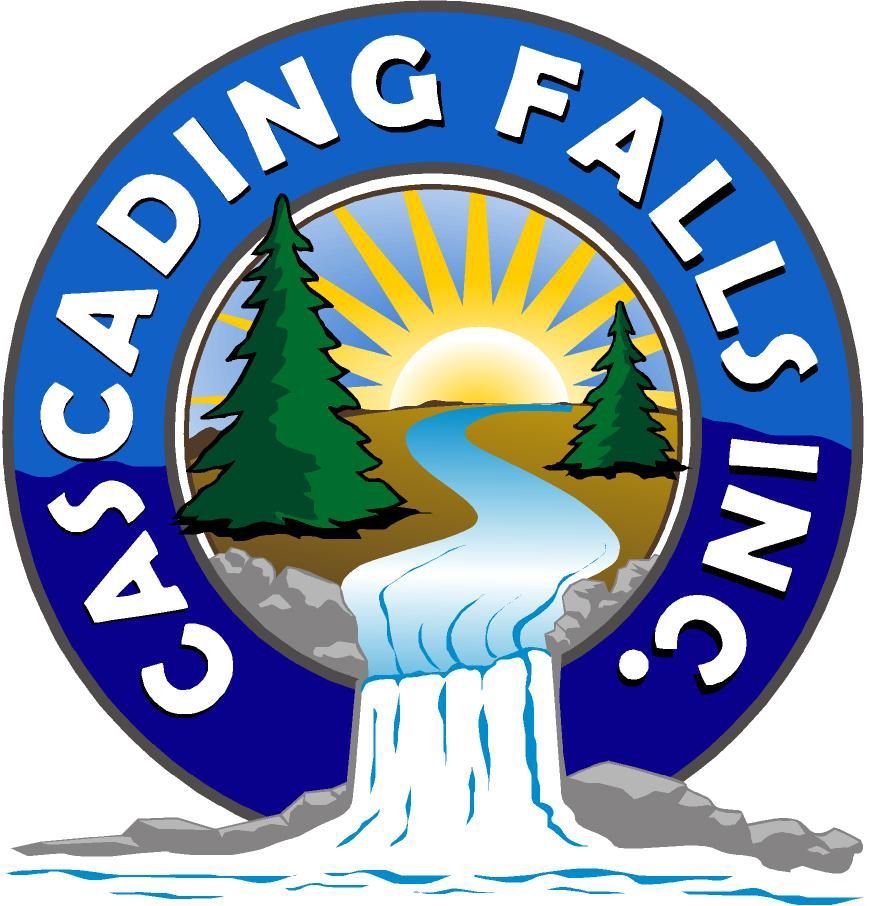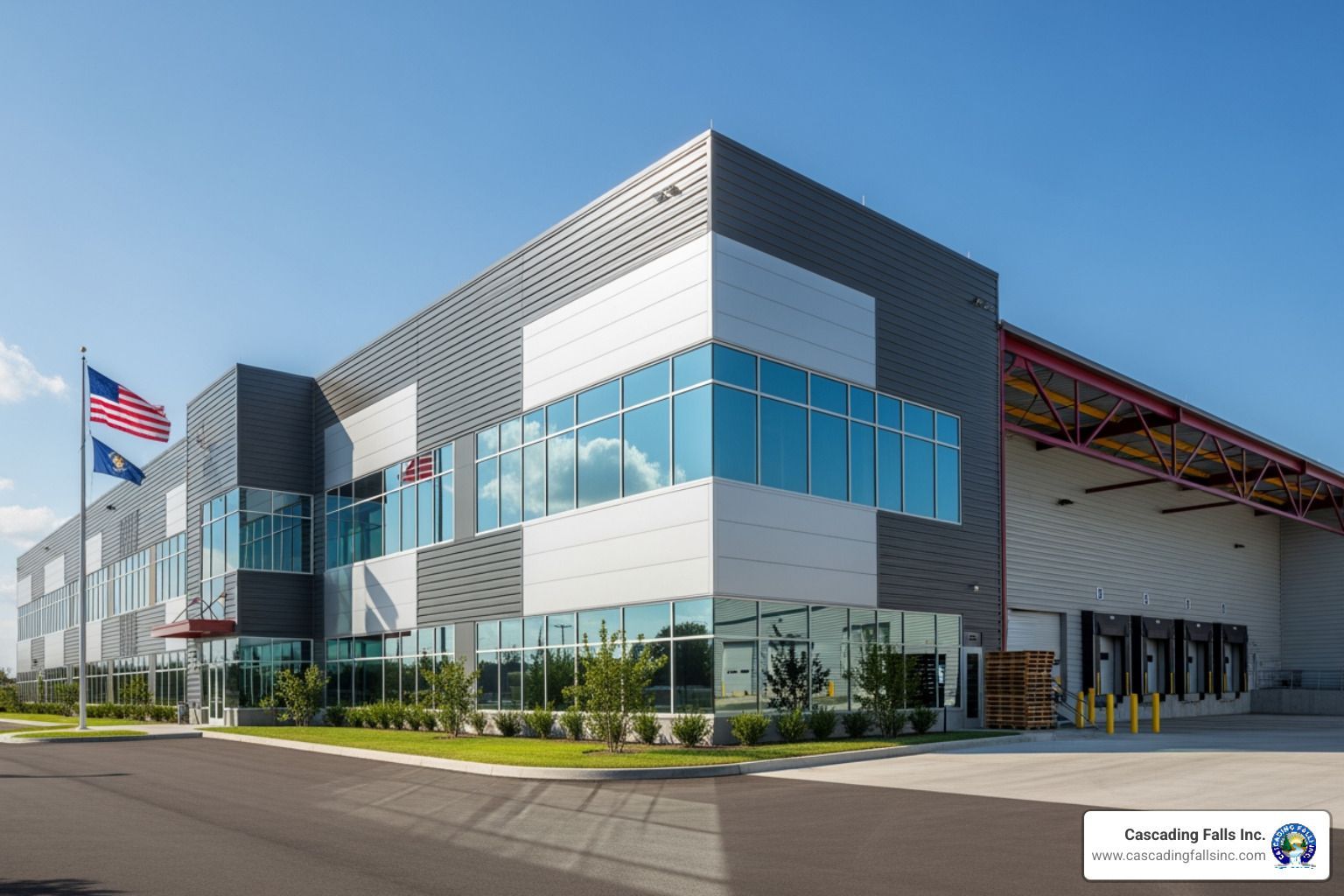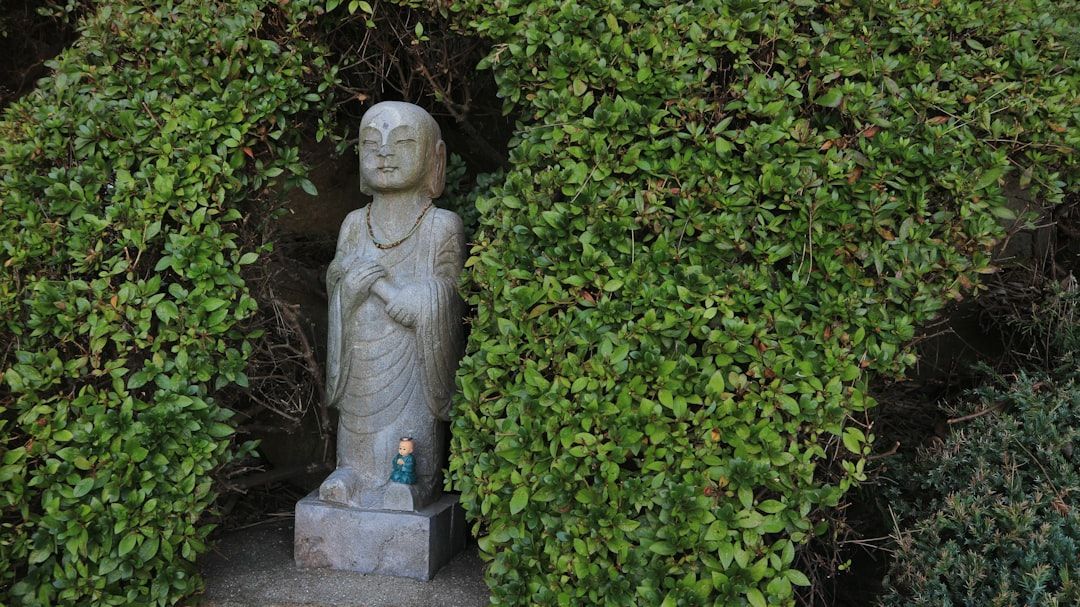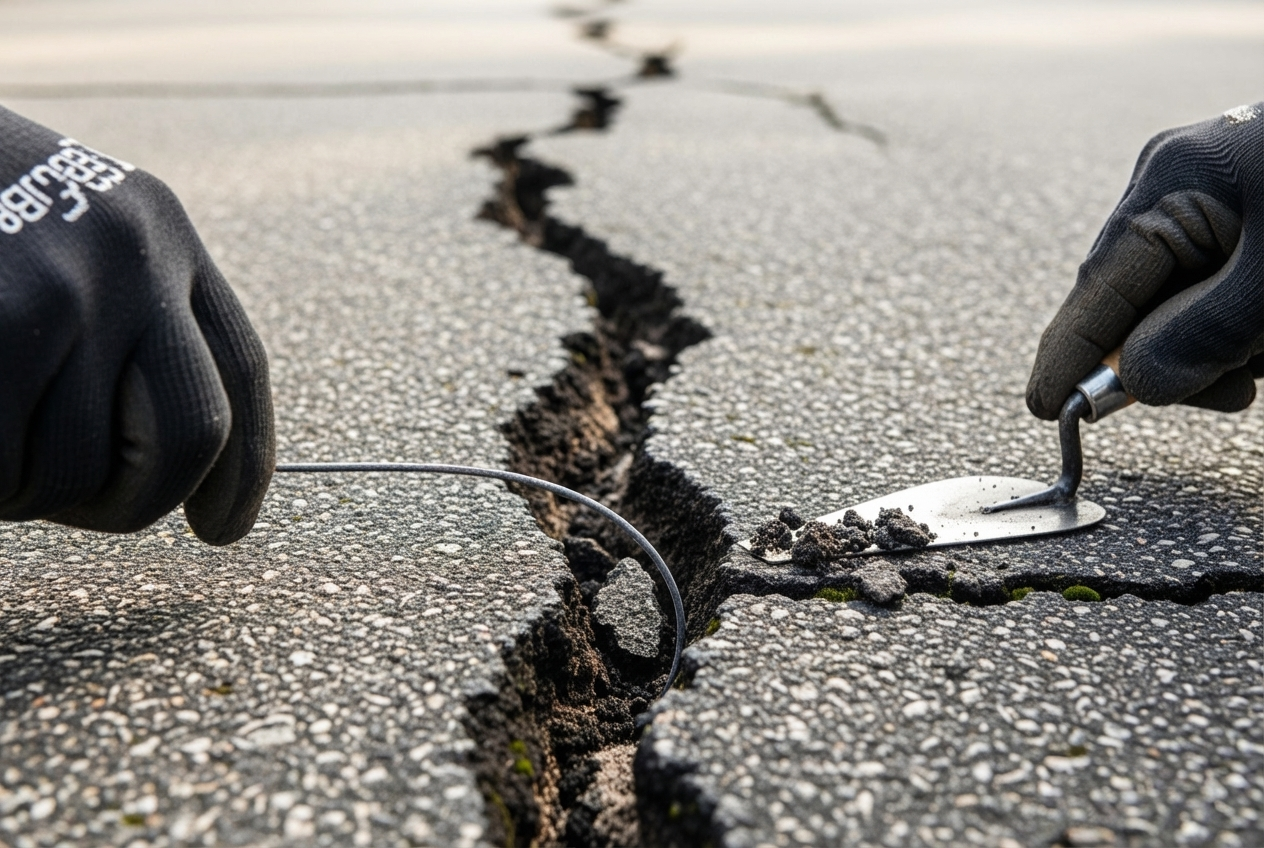Why Understanding Asphalt Driveway Replacement Costs Matters
Understanding the cost of replacing asphalt driveway is key to budgeting for this major home improvement project. The final price varies based on several factors, but a general overview can help you plan.
Quick Cost Overview:
- Average cost:$8-$15 per square foot for a full replacement
- Typical 600 sq ft driveway:$4,800-$9,000 total project cost
- Cost breakdown:$1-$2/sq ft removal + $2-$6/sq ft materials + $5-$7/sq ft labor
- Additional costs:$500-$2,000 for drainage, $100-$500 for permits
Whether you're fixing extensive cracking and potholes or boosting curb appeal, a new asphalt driveway is a significant investment that can last 15-30 years with proper care. Key factors influencing your bill include driveway size, asphalt type, site preparation, and location. For instance, recycled asphalt can be up to 80% cheaper than new materials, while premium options like stamped asphalt can cost $10-$17 per square foot.
I'm David Shelly. With nearly two decades in the construction industry, I've helped countless homeowners steer asphalt driveway replacement projects. My experience provides deep insight into what drives costs and how to maximize your investment.
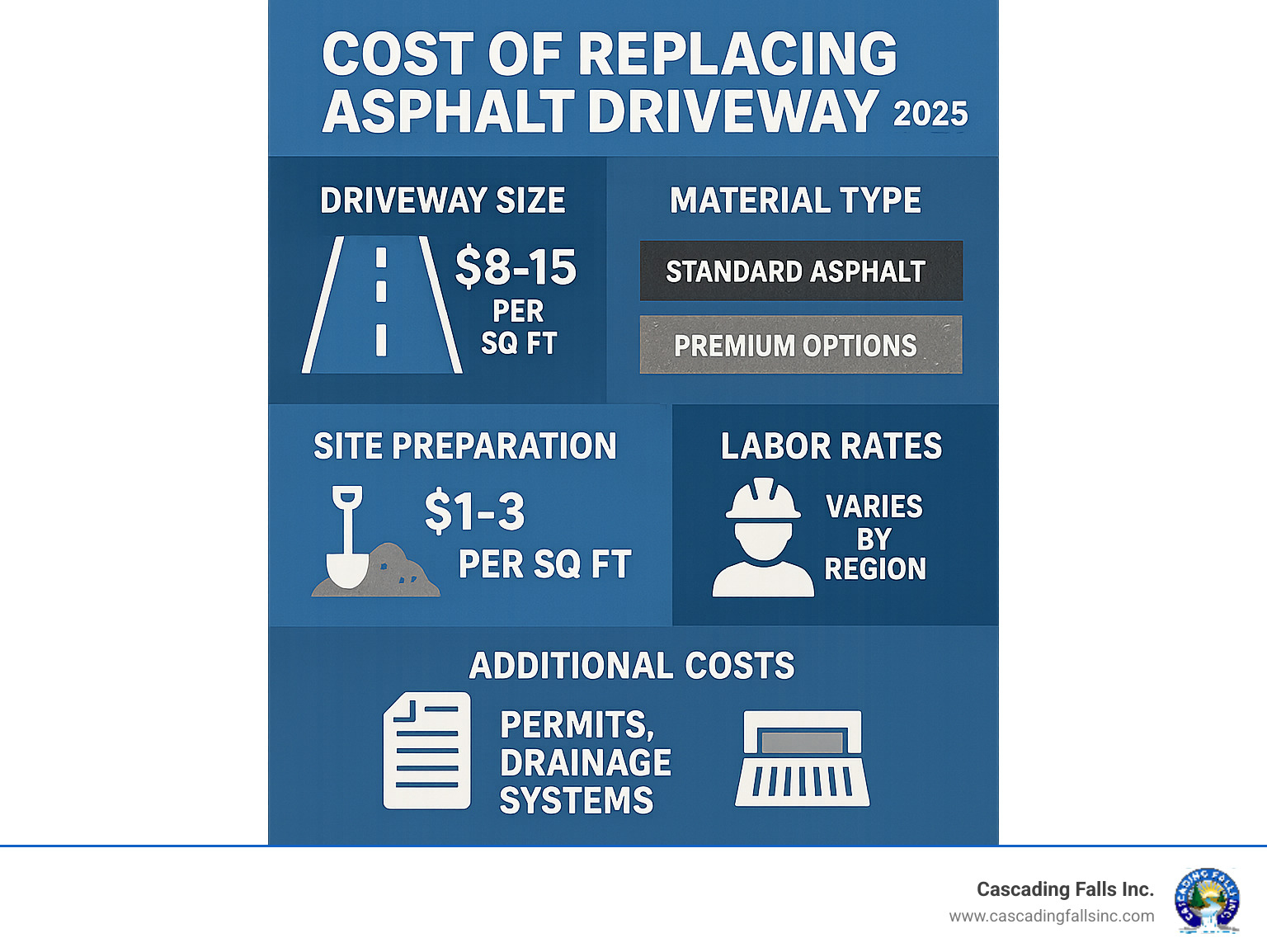
The National Average Cost of Replacing an Asphalt Driveway
The typical cost of replacing an asphalt driveway ranges from $8 to $15 per square foot. This figure generally includes removing the old surface and laying a new one. For a standard 600-square-foot, two-car driveway, the total project cost is often between $4,800 and $9,000. This investment improves your home's appearance, functionality, and property value.
The cost breaks down as follows:
- Material Costs: Asphalt itself runs about $2 to $6 per square foot, depending on the mix type and current petroleum prices.
- Labor Costs: The largest portion of the budget, labor ranges from $5 to $7 per square foot, covering the skilled crew and their specialized equipment.
- Equipment Costs: The use of pavers, rollers, and excavators is built into the overall project price.
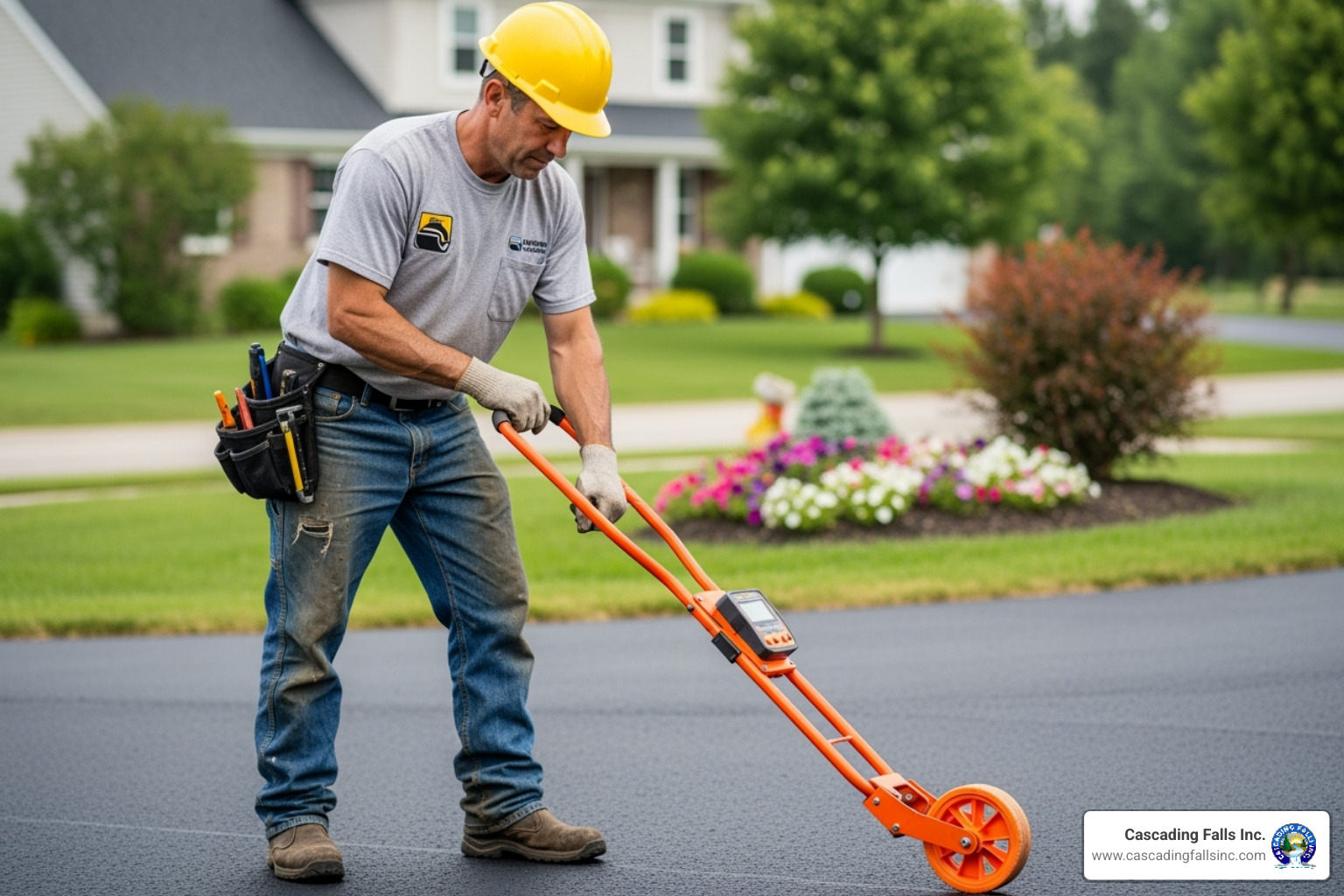
That these are national averages. Prices can vary based on your location, contractor availability, and project complexity.
Breaking Down Replacement vs. New Installation Costs
Choosing the right approach for your driveway depends on its current condition and your budget.
-
Full Replacement: This is the most comprehensive option, involving the complete removal of your old driveway and installation of a new one. It's necessary for driveways with deep cracks, potholes, or foundational drainage problems. The cost of replacing asphalt driveway fully includes demolition and disposal of old materials.
-
New Installation (New Construction): This applies to paving a driveway for the first time. It involves extensive site preparation, including excavation and creating a sub-base, but skips demolition costs.
-
Asphalt Overlay (Resurfacing): The most budget-friendly choice at $3 to $7 per square foot, an overlay involves applying a new layer of asphalt over the existing surface. This is only suitable if the driveway's foundation is structurally sound and damage is limited to the surface. An overlay can extend your driveway's life but won't fix underlying issues.
The key difference is the foundation's health. A full replacement addresses problems from the ground up for a long-lasting result, while an overlay is a surface-level fix.
The Cost of Asphalt Removal and Site Preparation
Before new asphalt is laid, the old surface must be removed and the site prepared. This is a critical part of the cost of replacing asphalt driveway.
-
Asphalt Removal: Tearing out an old asphalt driveway costs $1 to $2 per square foot, or $1,000 to $2,500 for a typical project. This includes breaking up the old material and hauling it away for disposal or recycling.
-
Excavation and Grading: After removal, the ground is excavated to the proper depth and graded to ensure water drains away correctly. Proper grading is essential for the driveway's longevity and can add $1,500 to $5,100 to the project.
-
Sub-base Installation: A strong sub-base of compacted crushed stone or gravel (typically 3-4 inches thick) is vital for stability and drainage. The gravel costs around $25-$30 per ton, plus delivery. We use heavy rollers to compact this layer, creating a solid foundation. Without proper compaction, a new driveway can settle and crack prematurely.
Our "Whatever It Takes..." approach means we handle every step of site preparation carefully, as a strong foundation is key to a durable asphalt driveway.
Key Factors That Influence Your Final Bill
While national averages provide a baseline, the final cost of replacing asphalt driveway depends on your project's specific details. We focus on five main factors: driveway size and shape, asphalt type, site condition, local labor rates, and geographic location.
Driveway Size, Shape, and Thickness
Unsurprisingly, larger driveways cost more due to increased material and labor needs. However, the cost per square foot may decrease on larger projects due to "economies of scale," as our crews can work more efficiently. For example, a small 200-square-foot driveway might cost $1,400-$2,600, while an 800-square-foot driveway could range from $5,600-$10,400.
Irregular shapes, curves, or steep slopes add complexity and cost. These features require more detailed labor and specialized techniques to ensure a proper finish and effective drainage.
Thickness is crucial for durability. A 2-inch layer is the minimum for residential driveways, but we often recommend 3 inches for improved longevity. For homes with heavy vehicles like RVs or delivery trucks, a 4-inch layer provides superior strength. A thicker driveway requires more asphalt, increasing material costs, but it's a worthwhile investment for long-term performance.
Types of Asphalt and Their Price Points
The type of asphalt you select impacts both the cost of replacing asphalt driveway and its performance.
- Standard Hot-Mix Asphalt: The most common and affordable option ($7-$13 per square foot), this provides a smooth, durable surface suitable for most homes.
- Porous Asphalt: An eco-friendly choice ($3-$8 per square foot for material) that allows rainwater to drain through the surface, reducing runoff and puddles.
- Recycled Asphalt (RAP): Using milled asphalt from old projects can be up to 80% cheaper than new materials. It's an excellent, cost-effective option for base layers, costing between $6 and $9 per square foot installed.
- Stamped or Colored Asphalt: For a custom look resembling brick or stone, this premium option costs $10 to $17 per square foot due to special materials and intricate labor.
- Blacktop: Often used interchangeably with asphalt, blacktop has more stone and is heated to a higher temperature. It can be easier to repair, with costs similar to standard asphalt.
Additional Project Costs to Budget For
Beyond the asphalt itself, several other costs can factor into your budget.
- Building Permits: Depending on your location in California, a permit may be required for driveway replacements, especially if they affect drainage. Fees typically range from $50 to $500.
- Drainage Systems: If your property has drainage issues, installing French drains or channel drains may be necessary. This can add $500 to $2,000 to your project but is a vital investment to prevent water damage.
- Edge Finishing: Adding concrete borders or other edge treatments can improve appearance and prevent crumbling at the sides.
- Regional Price Variations: The cost of replacing asphalt driveway in areas like Roseville or Sacramento can differ from national averages due to local labor rates, material availability, and transportation costs. We provide clear, localized quotes custom to your project.
Asphalt Driveways: Cost and Benefit Analysis
When comparing the cost of replacing asphalt driveway with other options, it's important to consider the long-term value. Asphalt offers a compelling mix of affordability, durability, and practical benefits.
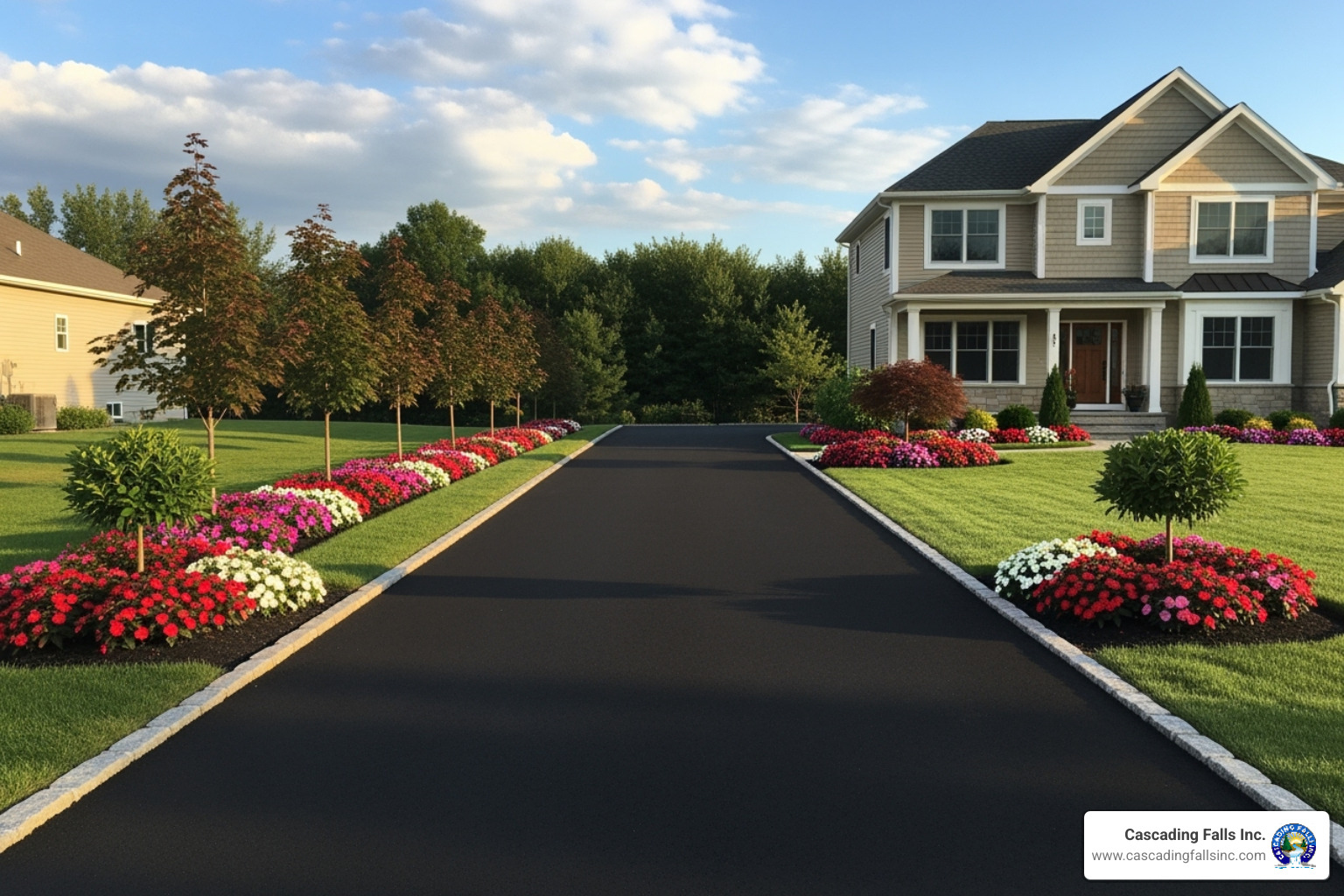
Why Choose Asphalt for Your Driveway?
Asphalt is a popular choice for driveways for several key reasons.
- Flexibility: Asphalt expands and contracts with temperature changes, making it highly resilient to cracking during freeze-thaw cycles.
- Quick Installation: Most asphalt driveways can be installed in a single day, minimizing disruption to your routine.
- Faster Curing Time: You can typically walk on a new asphalt driveway within 24-48 hours and drive on it within a week, much faster than concrete.
- Smooth Surface: The smooth finish provides excellent traction for vehicles and pedestrians and is easy to clear of snow.
Learn more from the National Asphalt Pavement Association about the technical advantages of asphalt for residential driveways.
The Value of Asphalt for Homeowners
True value encompasses upfront cost, lifespan, and long-term performance.
Asphalt's upfront cost is typically lower than concrete or pavers, making it an accessible option. A properly installed asphalt driveway has a lifespan of 15 to 30 years, offering excellent value over time. The exact lifespan depends on climate, usage, and maintenance.
Maintenance needs are straightforward, primarily requiring sealcoating every 2-5 years to protect the surface from UV rays, water, and chemical spills. This simple step significantly extends the driveway's life.
Asphalt's climate suitability makes it ideal for areas with temperature fluctuations. Its dark color also helps melt snow and ice faster. Finally, a well-maintained asphalt driveway improves curb appeal, contributing to your home's overall value and providing a solid return on investment.
At Cascading Falls Inc., we see how a quality asphalt driveway transforms a property. It's an investment that pays dividends in both practical benefits and peace of mind.
When to Replace and How to Save Money
Knowing when to replace your asphalt driveway versus attempting another repair can save you money and frustration. Certain signs indicate that a full replacement is the most sensible long-term solution.
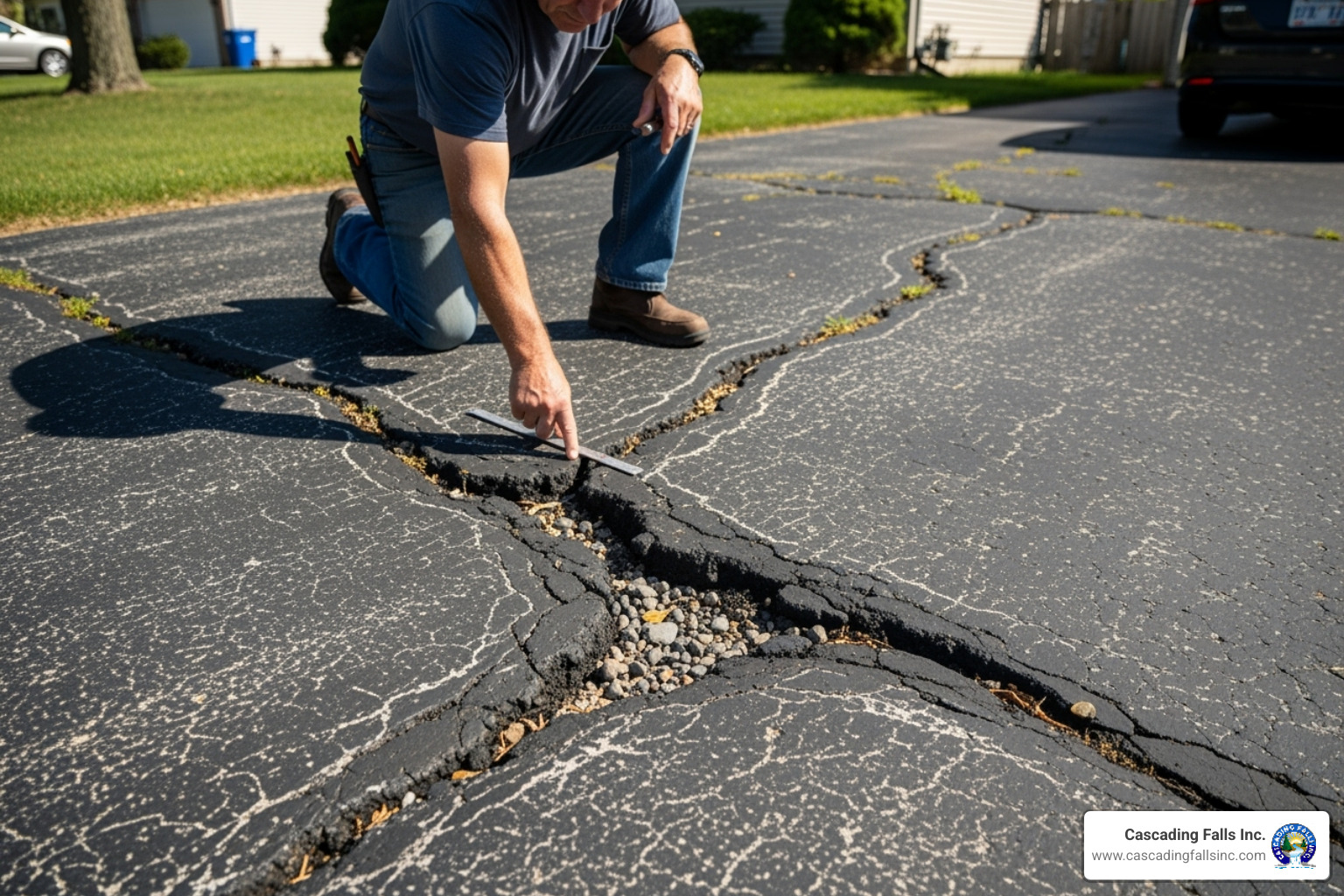
Signs It’s Time for a Full Driveway Replacement
While patching minor issues is tempting, a full replacement becomes more cost-effective when the driveway's foundation is failing. Look for these warning signs:
- Extensive Alligator Cracking: A widespread pattern of interconnected cracks indicates that the surface and underlying base have lost structural integrity.
- Deep or Recurring Potholes: Multiple potholes that keep returning are a sign of a failing sub-base that patching cannot fix.
- Poor Drainage and Standing Water: Puddles that form after rain show the driveway has settled or was improperly sloped, which accelerates deterioration.
- Sunken Areas or Uneven Surfaces: Large dips and bumps suggest the sub-base has failed, creating an unstable and unsafe surface.
- Crumbling Edges: If the edges are breaking apart, it points to a lack of support or poor initial installation.
- Driveway Age: If your driveway is approaching or has surpassed the average 20-year mark and shows significant wear, a replacement is often more economical than ongoing repairs.
If your driveway exhibits several of these signs, investing in a full replacement provides a durable, long-lasting solution.
Smart Ways to Reduce the Cost of Replacing Asphalt Driveway
Replacing a driveway is a significant investment, but there are several ways to manage the cost.
- Get Multiple Quotes: Contact at least three reputable contractors for detailed estimates. Compare not just the price, but the scope of work, materials, base preparation, and warranty to ensure you get fair value.
- Off-Season Scheduling: Contractors may offer more competitive pricing during less busy periods like late fall or early spring. However, installation requires temperatures above 50°F.
- Use Recycled Base Materials: Using reclaimed asphalt pavement (RAP) for the sub-base can significantly reduce material costs.
- Choose a Simple Design: A straightforward, rectangular driveway is more budget-friendly than complex shapes or decorative elements that require more labor and special materials.
- Perform Regular Maintenance: Proactively filling cracks, patching potholes, and sealcoating your driveway every 2-5 years can delay the need for a full replacement, saving you money in the long run.
- Consider an Overlay: If the foundation is still sound, a thinner asphalt overlay is a much cheaper alternative to a full tear-out.
Frequently Asked Questions about Asphalt Driveway Replacement
Homeowners often have similar questions when considering an asphalt driveway replacement. Here are answers to the most common ones.
How long does a new asphalt driveway last?
A properly installed asphalt driveway typically lasts 15 to 30 years. Where it falls in that range depends on a few factors:
- Installation Quality: A well-prepared sub-base and proper installation techniques are crucial for a long lifespan. Our "Whatever It Takes..." approach ensures the foundation is done right.
- Climate Impact: While asphalt's flexibility helps it handle temperature changes, harsh freeze-thaw cycles can increase stress. California's milder climate is generally favorable.
- Maintenance Schedule: This is the biggest factor. Regular sealcoating every 2-5 years and prompt repairs can help your driveway reach its maximum lifespan of 30 years.
How thick should an asphalt driveway be?
The asphalt's thickness directly impacts its durability and longevity.
For most residential use with standard cars, a minimum thickness of 2 inches is acceptable. However, we typically recommend 3 inches for significantly better durability and resistance to cracking.
If you have heavy vehicles like an RV or have frequent large deliveries, a 4-inch asphalt layer is the best choice. While it costs more upfront, it prevents premature damage like rutting and cracking from the extra weight.
Proper compaction during installation is as important as thickness, creating a dense, stable surface that will perform for decades.
How soon can you use a new asphalt driveway?
Patience during the initial curing period is crucial for your new driveway's long-term health.
You can typically walk on the new asphalt within 24 to 48 hours. It will be firm enough for light foot traffic.
For driving and parking, you should wait at least 7 days. During this curing time, the asphalt is still hardening, and vehicle weight can create permanent ruts. In hot weather, it's wise to wait up to 14 days before parking heavy vehicles.
Weather conditions also affect curing. Installation is best in temperatures above 50°F, as warm, dry weather speeds up the process. The asphalt will continue to harden for 6 to 12 months, so avoid parking in the exact same spot every day during this period to get the most from your cost of replacing asphalt driveway investment.
Conclusion: Paving the Way for a Smart Investment
Understanding the cost of replacing asphalt driveway is the first step toward a valuable home improvement. While factors like size, materials, and site prep influence the final bill, a new driveway is more than just a number—it's an investment in your home's safety, functionality, and curb appeal.
An asphalt driveway is an excellent choice for homeowners, offering durability, low maintenance, and climate resilience. It's an upgrade that provides a safe, smooth surface for your family and adds long-term value to your property.
The key to realizing this value is professional installation. At Cascading Falls Inc., our "Whatever It Takes..." approach is our promise of quality craftsmanship, meticulous site preparation, and the right materials for your home. Serving communities like Roseville and Sacramento, California, we bring nearly two decades of experience to every project, ensuring your driveway replacement is handled with the expertise it deserves.
With smart planning and the right team, you can transform your property with a beautiful, durable asphalt driveway. It’s a smart investment in your home and your peace of mind.
Contact Us to explore durable paving solutions for your home and let us help you make that investment a reality.
